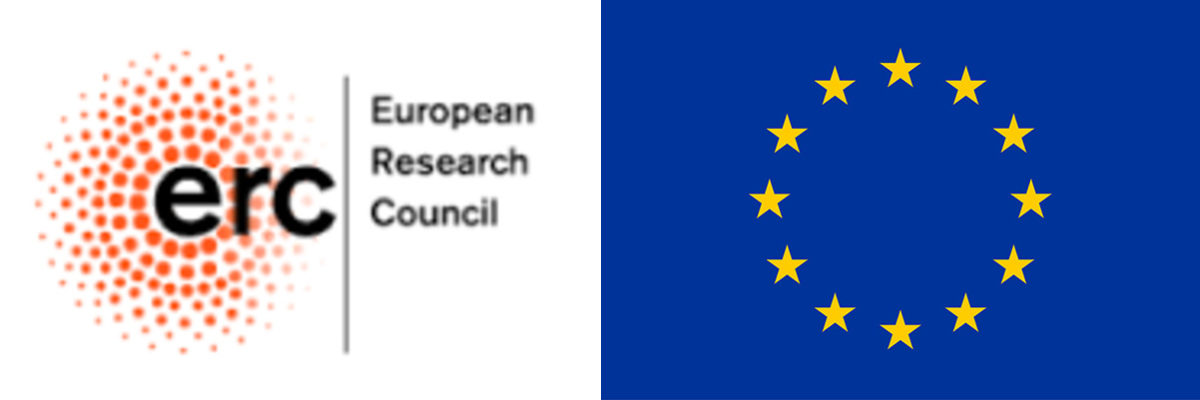Eurostudents is a research project funded by the European Research Council, through a Consolidator Grant awarded to Rachel Brooks. It runs from August 2016 until July 2021.
There are currently over 35 million students within Europe and yet, to date, we have no clear understanding of the extent to which understandings of ‘the student’ are shared. Thus, a central aim of this project is to investigate how the contemporary higher education (HE) student is conceptualised and the extent to which this differs both within nation-states and across them. This is significant in terms of implicit (and sometimes explicit) assumptions that are made about common understandings of ‘the student’ across Europe – underpinning, for example, initiatives to increase cross-border educational mobility and the wider development of a European Higher Education Area. It is also significant in relation to exploring the extent to which understandings are shared within a single nation and, particularly, the degree to which there is congruence between the ways in which students are conceptualised within policy texts and by policymakers, and the understandings of other key social actors such as the media, higher education institutions and students themselves.
The empirical project is guided by four main research questions: (i) How are understandings of the higher education student produced, shaped and disseminated by (a) policymakers, (b) the media and (c) higher education institutions? (ii) To what extent do these understandings differ within and across European nations? (iii) How do students of different national and social backgrounds understand the role of the higher education student? (iv) To what extent are their understandings consonant with those produced, shaped and disseminated by policymakers, the media and higher education institutions?
To answer these questions, data will be collected from six different European countries – Denmark, England, Ireland, Germany, Poland and Spain – and through four strands of work, each of which focuses on a different social actor i.e. policymakers, the media, higher education institutions and students themselves.

